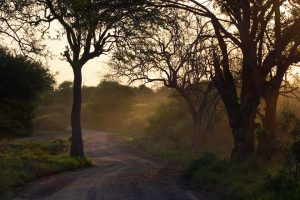 There is a worldwide wealth inequality that can be at least partly attributed to the lasting impacts of colonialism which is quite marked in certain African countries. Hypothetically if the societies vulnerable to the poachers had a variant source of income the frequency of succumbing to poachers would dramatically lessen.
There is a worldwide wealth inequality that can be at least partly attributed to the lasting impacts of colonialism which is quite marked in certain African countries. Hypothetically if the societies vulnerable to the poachers had a variant source of income the frequency of succumbing to poachers would dramatically lessen.
This gives leeway to the terrorist organisations which have the funding and militia power unlike the “Central African Republic (CAR) [who] confront significant governance and security challenges” (Arieff, 2014). The money is not reaching these communities so the poaching cannot be stopped if the poachers fear the terrorist organisation more than their own government.
Potential lies in improving situations in these countries and indeed by returning power to the government but within the realistic issue of time, this would be difficult in the short to medium term.The problem with the government enacting new laws is the strength it takes to stop poachers.

For a recent law alteration proves this, from what was a fine of “not even one cow” for spearing an elephant was elevated to “seven years in prison.” This may “deter smaller poachers but not the large criminal groups…as their insurances, connections and income is so large” (Bergenas, 2015) the solution must begin at the attempt to mitigate human suffering in these areas.
